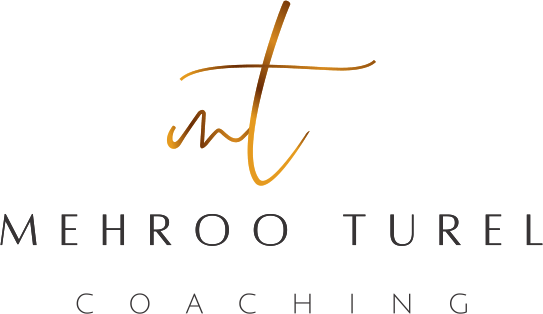When I started my first Facebook group back in 2015 looking for support from my fellow Indian mums in Hong Kong, little did I realise that I was building a community. I personally invited a handful of friends and acquaintances hoping that they would accept my request. 7 years down the line we are a growing community of 4300+ members with a thriving mix of working professionals, stay-at-home mums and small business owners who both contribute and benefit from this shared experience.
Our online world has grown rapidly over the last few years, specially recently during covid when online was our only safe means of communication, and with that growth suddenly everyone seemed to be a part of a community in the quest to find a safe, trusted, common-interest circle. Facebook began to shift its emphasis away from News Feed towards Groups, WhatsApp groups moved from just family and friend circles to business communities and work-related groups and multiple other online community platforms mushroomed.
Being a small business owner with limited budgets and staff, having an online community is a great, cost-effective way to keep a pulse on the market. Whether you are a coach, a consultant, an entrepreneur or a freelancer, having an engaged community means you have brand ambassadors who can help you build your brand, retain customers and even increase your revenue.
So where do you get started?
Finding the right platform is probably the first thing that you need to decide and for this you need to know where your customers are and where they would feel the most comfortable. From close knit but more intrusive WhatsApp groups to the more professional and larger LinkedIn groups see what fits best with your niche and customer profile.
Once you identify the platform, think about the purpose of the group? Is it a discussion forum, for your potential and existing clients to share feedback, ask questions about your product or your industry in general? Is it a support group where people come together to share their experiences, references, knowledge? For a community to be successful it is very important that you define the purpose of the group based on your niche and communicate the same to your audience before they join in.
Engagement is the key to success. Once the community is formed encourage members to introduce themselves, find common connections, ask them their problems, give solutions and engage with them in general. It is very important to remember as a community leader to follow the rules of the group yourself.
Add value. Communities feel safe and shielded from external marketing. Do not spam them with unnecessary communication or pushing your products and services. This will only lead to members leaving the group. Contribute things which are relevant, authentic, creative and adds real value to the group.
Facilitate don’t dictate. You would like your group members to feel as comfortable as possible to express their opinions and ideas without fearing any backlash or judgement. Make the group guidelines clear from the start so people can decide whether it is for them or not before joining.
If your community gets too large and the focus is lost, its best to revisit the purpose and see if you need to tweak it based on the interactions or other developments that happen over time. You can also make a smaller group from this larger one for a more specific purpose.
Lastly be open to feedback. Your community is your valuable asset so make sure that you actively listen to them as often as possible.
Over the years I have built and been a part of many such small communities on different platforms and they have helped me immensely both from a personal and business point of view. My own brand Mums@PLAY is a real example of how a community-based brand can lend success to a business.



Hi Mehroo well said.
Thank you Sandhya.